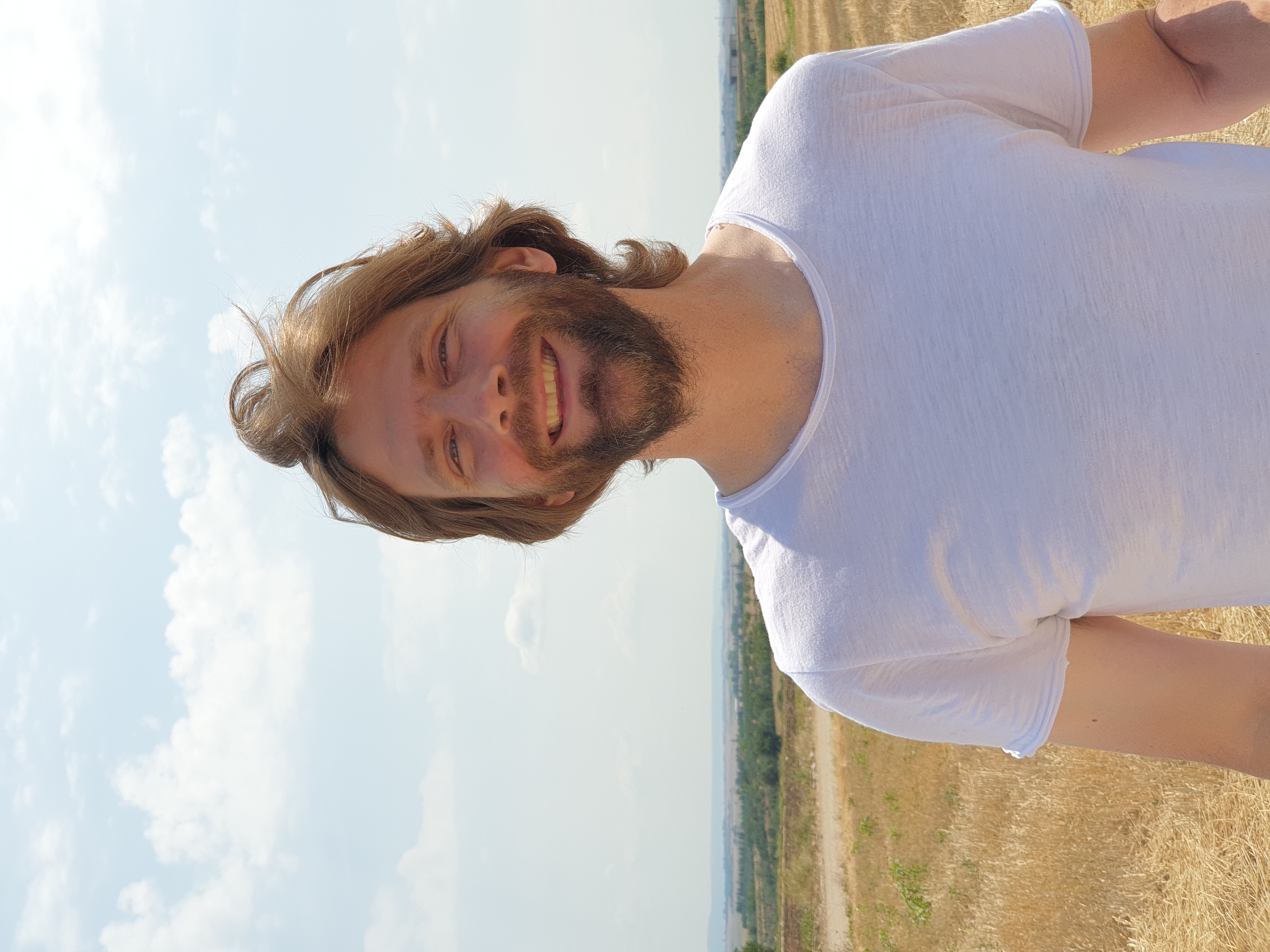
Erik Garrison PhD, University of Tennessee Health Science Center, USA.
Erik is an assistant professor at the University of Tennessee Health Science Center, where he operates a virtual bioinformatic group dedicated to research on pangenome method development and related research applications. Originally a quantitative social scientist, he fell into bioinformatics by accident and a stint working on the integration of an early multiplex DNA sequencing system. He remains amazed by the incredible leverage that a researcher writing open source software can have on global biology research and biomedical science. His research focuses on fundamental problems of sequence alignment and genetic variant detection. A driving question is how to understand variation in collections of high-quality (complete, or "telomere-telomere") assemblies that new sequencing methods are making increasingly easy to construct. His group tackles this question with methods that are designed from the ground up to allow efficient, unbiased resolution of variation even in this complex, pluralistic setting.
Talk title: Genomes from many frames of reference.
Abstract: Human genomics is faced with a strange new problem. We have two reference-quality genomes! Which should we use as our reference genome? And it gets worse: new assembly technology guarantees that many more are on their way. We consider that we may be able to simply use both, or all, reference genomes in a single pangenome model. We do this not only by building genome graphs, which are alignment models that help us to characterize variation and compactly represent all genomes, but also by simply treating the assemblies of the pangenome as reference genomes. This lets us also use standard "genomic" software to drive our "pangenomic" analyses. We apply our approaches to the data of the Human Pangenome Project (HPP/HPRC), where we build pangenome graphs representing the entire collection of haplotype-resolved assemblies produced in the first year of the project. These include regions not assembled in the GRCh38 reference genome, totalling around 8% of the genome. We apply our reference-agnostic methods to study the evolutionary history of the short arms of the acrocentric chromosomes, which represent one of the last frontiers of human genome exploration. Here, in the proximal region of the short arm, between the rDNA and centromere, we find evidence for ongoing sequence exchange between otherwise non-homologous acrocentric chromosomes. Although this phenomenon has been hypothesized for decades, this analysis provides the first population-scale insight into evolution and variation in this dynamic region.
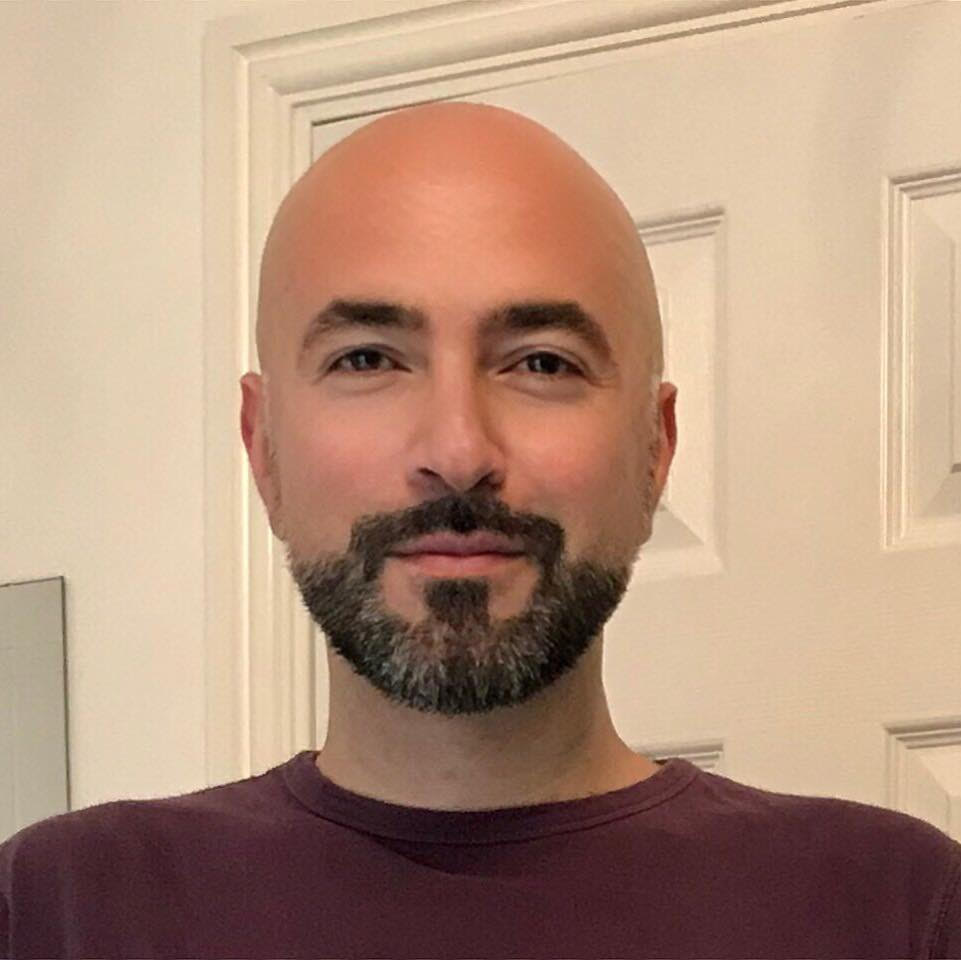
Francesco Iorio PhD, Human Tecnopole, Italy and Wellcome Sanger Institute di Hixton, UK.
Francesco is a Research Group Leader at the Centre for Computational Biology of Human Technopole (Milan, Italy) where he is establishing a research program in Computational Pharmacogenomics and Therapeutic Target Discovery. He also leads the Cancer Dependency Map Analytics team at the Wellcome Sanger Institute (WSI), providing computational support to the Cancer Dependency Map partnership: an international endeavor involving the WSI and Broad Institute of MIT and Harvard with the aim of identifying all the genetic dependencies and vulnerabilities existing in cancer cells. In this role, Francesco leads the development of new algorithms and computational tools for the analysis of large-scale cancer pharmacogenomics and functional genomics datasets (from chemical and genome editing screens).
Francesco is a computer scientist by training. He completed his PhD studies at the University of Salerno and the TeleThon Institute of Genetics and Medicine (TIGEM, Naples - Italy), where he focused on computational methods for drug discovery and repositioning. Subsequently he has been awarded a joint EMBL – European Bioinformatics Institute (EBI) and WSI post-doctoral (ESPOD) fellowship to work on integrative computational frameworks for predicting and dissecting drug sensitivity in cancer, analysing data from large-scale in vitro drug screens. Following this, as senior bioinformatician at EBI, Francesco has been the leading computational scientist in a project founded by Open Targets (a public/private initiative for therapeutic target discovery). For this project he has led the analysis of data from a large-scale genome-wide CRISPR-Cas9 pooled screen across hundreds of cancer cell lines, with the aim of identifying synthetic lethalities in cancer and identifying new therapeutic targets.
Talk title: Optimisation and drug-discovery oriented analyses of CRISPR screens
Abstract: At the core of modern anti-cancer drug discovery lies a seemingly very simple process: find a cancer’s weak spot that is very specific to a given genomic context – or any other molecular feature that marks cancer cells only and can be easily measured in cancer patients – then design a molecule that exploits that cancer vulnerability. In fact, candidate therapeutics with strong genetic evidence – and a biomarker that can be used to stratify patients into responders/non-responders – are more than twice as likely to progress through the different phases of drug development than others. This has motivated a recent paradigm shift in drug- discovery and has gradually pushed chemistry-based drug design toward genomics-guided and data-driven therapeutic target discovery (which is then followed by molecule design). Nevertheless, this bright scenario belies the high attrition rate that still hampers the approval of new drugs, and 90% of compounds entering the final phases of clinical trials still fail to get through, most often due to a lack of efficacy. This is because the quest for molecular features that are predictive of drug response endures as one of the most tackled biomedical challenges of our time, with chequered and most often disease-specific success rates. The issue is particularly evident for oncology, despite recent advances in cancer genome sequencing and an ever-increasing amount of data from extensive characterisations of cohorts of cancer patients. In my recent work I demonstrated that identifying novel cancer dependencies, through systematic computational analyses of CRISPR functional genetic screens and multi-omic data, is an excellent means to discover and prioritise new anti-cancer therapeutic targets. In my talk I will introduce a number of computational tools and analyses focusing on data from large scale genetic-perturbation/drug-screens performed across panels of immortalised cancer in-vitro models, their integration with the multi-omic characterisation of these models, and data from public cancer genomics repositories. The aim of these analyses is to identify new oncology therapeutic biomarkers, new therapeutic targets, drug repositioning opportunities and new somatic variants of clinical relevance. I will present results and methods designed and implemented by my research team, as well as I will discuss related computational challenges and possible ways to tackle them.
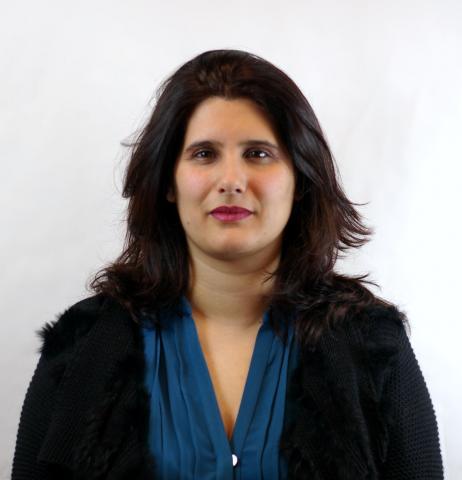
Anna Monreale PhD, University of Pisa, Italy.
Anna Monreale is Associate Professor at the Computer Science Department of the University of Pisa and a member of the KDD LAB. She has been a visiting student at Department of Computer Science of the Stevens Institute of Technology (Hoboken, New Jersey, USA) (2010). Her research interests include big data analytics, social networks analysis and the study of privacy and ethical issues rising in learning AI models from these kinds of social and human sensitive data. In particular, she is interested in the evaluation of privacy risks during analytical processes, in the definition of privacy-by-design technologies in the era of big data, and in the definition of methods for explaining black box decision systems. She earned her Ph.D. in Computer Science from the University of Pisa in June 2011 and her dissertation was about privacy-by-design in data mining.
Talk title: Explainable AI for healthcare
Abstract: The increasing availability of medical data stored in the form of time series, images, text such as electrocardiogram records, radiography images, clinical notes contributed to the diffusion of powerful AI systems based on complex machine learning models (e.g., neural networks, ensemble models, etc.) which could successfully support physicians in their critical decisions. The drawback of neural networks or complex ensembles lies in the inherent opaqueness of this kind of classifiers, often referred to as “black box” models, due to the hidden internal structure and complex decision process which is not human understandable. However, in high-stakes decision making, such as clinical diagnosis, the explanation aspect of automated classifiers adopted by AI systems becomes the crucial building brick of a trustworthy interaction between the human expert and the machine. In this talk we discuss some XAI methods suitable for healthcare AI-based applications able to produce meaningful explanations of classifications helping in augmenting the cognitive ability of human experts, such as medical doctors, to make informed and accurate decisions, better support their accountability and responsibility in the decision making.
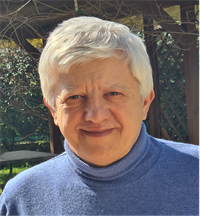
Giorgio Valle , University of Padua, Italy.
Professor Valle holds the chair of Molecular Biology at the School of Science of the University of Padua. After University studies at the University of Milan, he spent 6 years at the University of Warwick in UK as a postdoc in the groups of Hugh Woodland and Alan Colman, working on the molecular biology of intracellular protein sorting. In the ‘80s he returned to Italy, at the University of Padua, where in the following years he established a Genomics and Bioinformatics research group that has been active since the early ‘90s, participating in the pioneering projects of the Yeast and Arabidopsis Genomes as well as early transcriptomic analysis of human muscle. His research ranges from DNA sequencing, functional genomics and development of bioinformatic applications. Besides general research in Genomics and Bioinformatics professor Valle performed several studies of medical interest based on transcriptomics, human genetics and molecular cell biology. Lately his research interest focuses on the emerging field of microbial genetics and metagenomics.
Talk title: Bioinformatics and Informational Biology: two different cakes from the same basic ingredients.
Abstract: Biology is a complex topic that can be approached from different directions and viewed from different perspectives. It can be studied at very different levels of granularity. From the wide area of ecology progressively scaling down to zoology and botany, anatomy, histology, cell biology and biochemistry where we reach the molecular level. This presentation will go further, to the informational level that lately it has been largely neglected. It was not so in the ‘50s, when scientists such as Max Delbrück, Erwin Schrödinger, George Gamow and Francis Crick based some of their ideas on informational reasoning. Just before, Claude Shannon published his Mathematical Theory of Communication that set the bases for the General Theory of Information. Indeed, Biology has a lot in common with the transfer of data described by Shannon, but there are substantial differences that should be considered and that make very difficult to quantify biological information. Information by definition must be useful, but how can we measure the biological usefulness? Information is also the substrate for learning and evolution is a learning process, but who is learning? And learning leads to some form of knowledge, but who is knowledgeable? The presentation will focus on some of these questions, looking for possible answers.
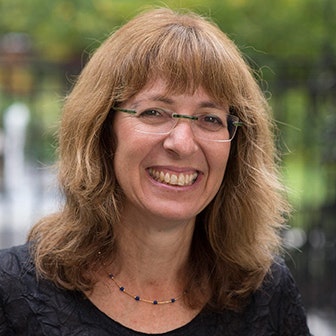
Esti Yeger-Lotem PhD, The National Institute for Biotechnology in the Negev Ltd., Israel.
Professor Esti Yeger-Lotem heads a Computational Biology lab at Ben-Gurion University. Her research focuses on the development and application of algorithms that integrate high-throughput genomic, proteomic and other omics data to advance our understanding of physiological and pathophysiological molecular processes. Novel approaches that her lab developed were implemented as open web tools that have been used worldwide. Professor Yeger-Lotem obtained a BSc in biology (Tel-Aviv University), MSc and PhD in computer science (Hebrew University, The Technion), worked at IBM Research, and did her postdoc with Susan Lindquist and Ernest Fraenkel at the Whitehead Institute and MIT. In 2015-16 she was elected as fellow at Radcliffe Institute for Advanced Study at Harvard University.
Talk title: Predicting molecular mechanisms of hereditary diseases by using their tissue-specific manifestation.
Abstract: How do widely expressed disease genes and variants lead to tissue-specific hereditary diseases? Previous attempts to answer this question were limited to testing few candidate mechanisms. Moreover, although many hereditary diseases manifest clinically in specific tissues, variant interpretation schemes have been mostly oblivious to tissue contexts. To answer this question at larger scale, we developed machine-learning platforms that use tissue-selectivity as a means to predict disease genes and pathogenic variants, respectively, along with their disease-causality features. The platforms were based on thousands of biologically interpretable features derived from heterogeneous tissue omics dataset, hence dramatically expanding previous efforts, and outperformed other tools. Using these platforms we uncovered known and novel disease-causality features, the most common of which was previously overlooked. Next, we created a catalog of the tissue-specific risks of 18,927 protein-coding genes (https://netbio.bgu.ac.il/trace/). As proof-of-concept, we successfully prioritized candidate disease genes and variants in 50 genetically-diagnosed patients with rare diseases. Thus, machine learning combined with tissue omics data and information on patients’ affected tissues enhances genetic and clinical understanding of tissue-specific phenotypes.
Invited Talks
Vincenzo Bronte Full Professor at the Department of Medicine, University of Verona, Italy
Carlo Combi Full Professor at the Department of Computer Science, University of Verona, Italy
Massimo Delledonne Full Professor at the Department of Biotechnology, University of Verona, Italy
Aldo Scarpa Full Professor at the Department of Diagnostic and Public Healt, University of Verona, Italy
